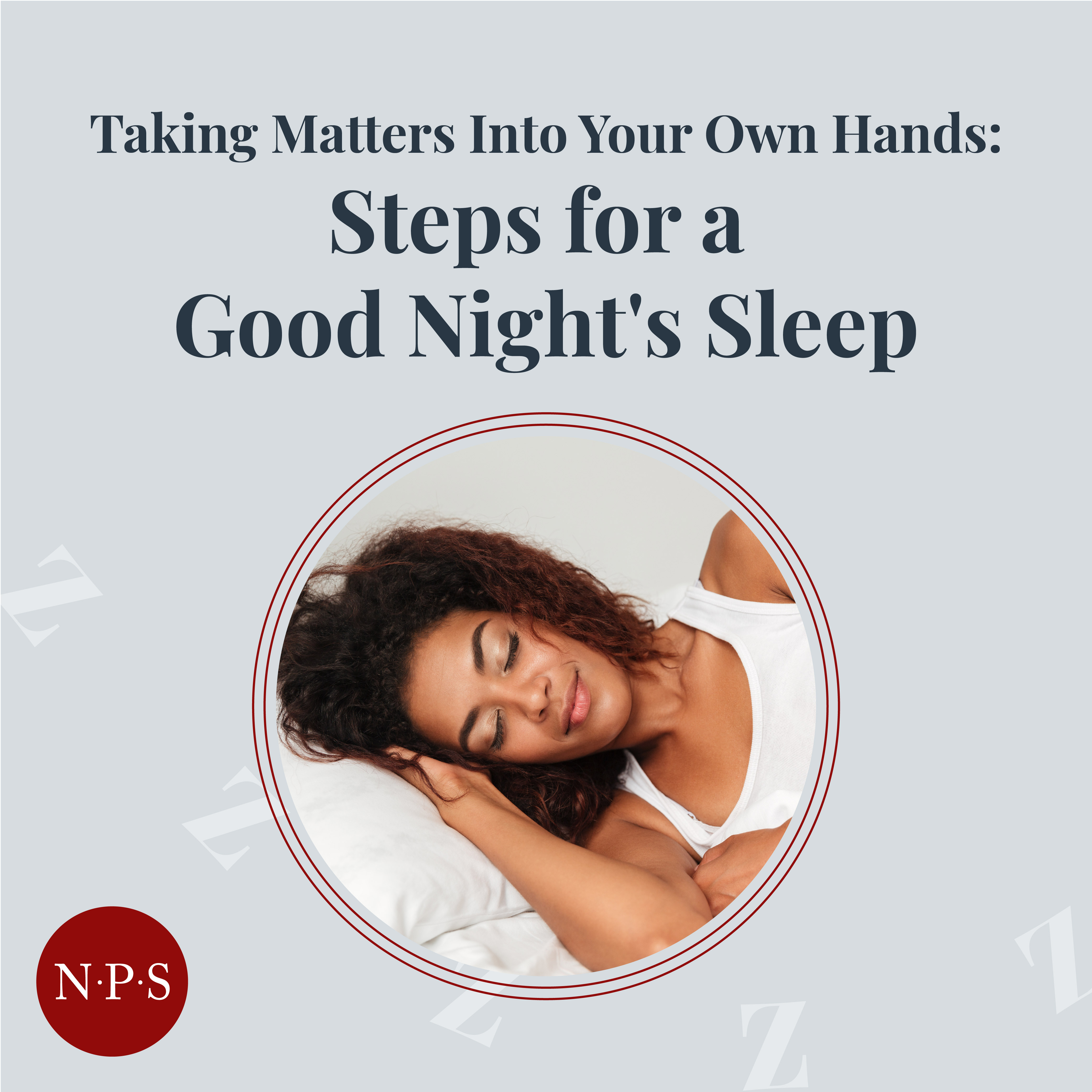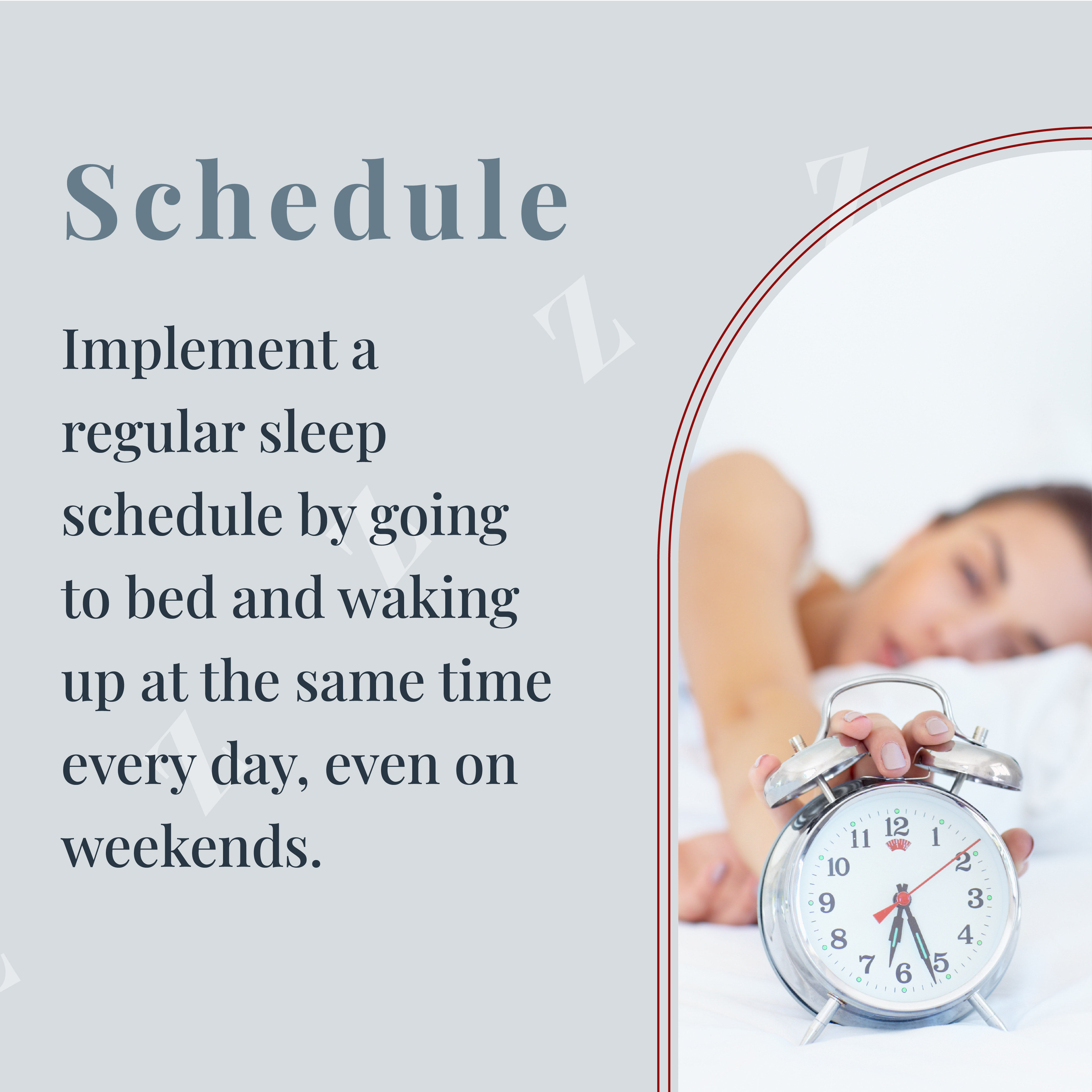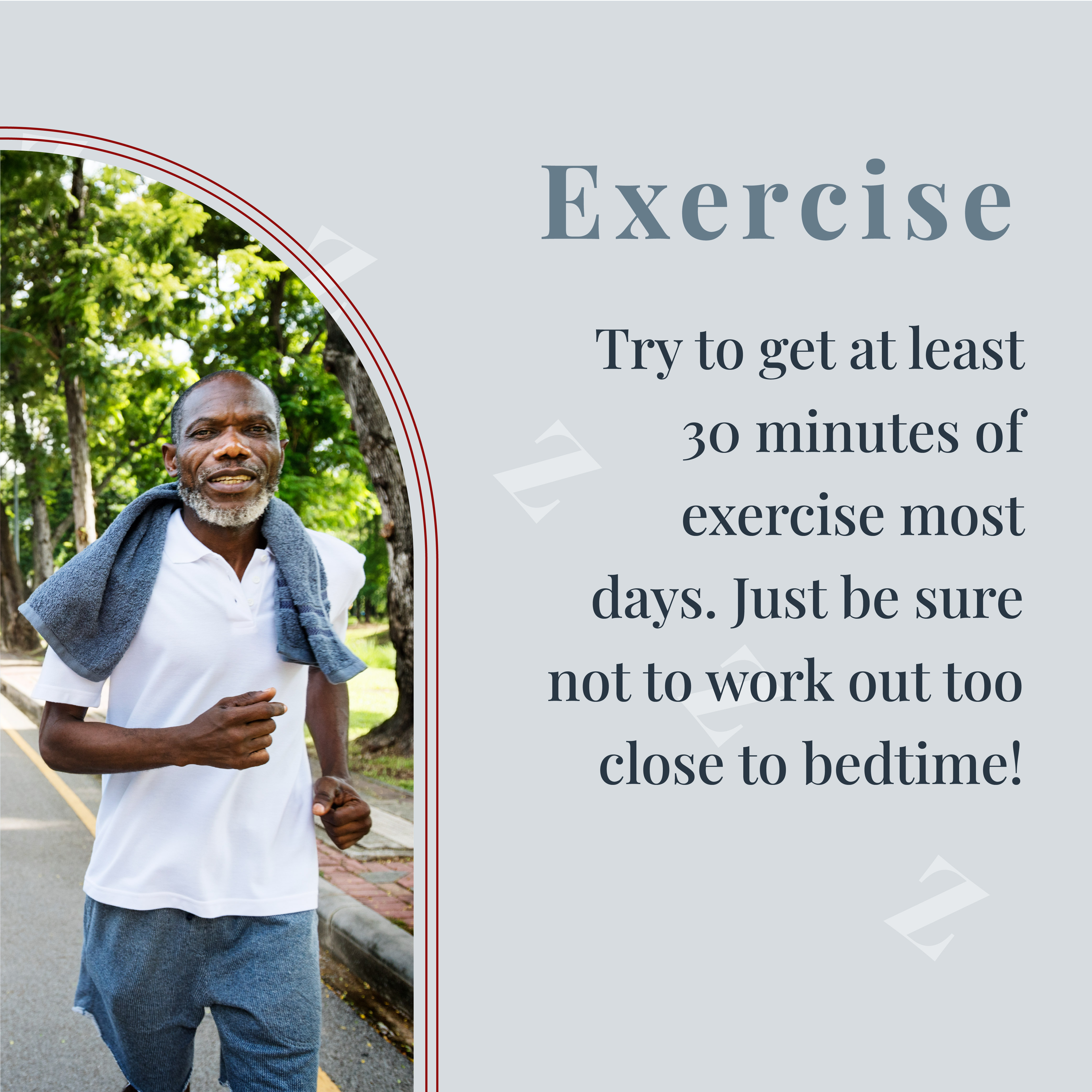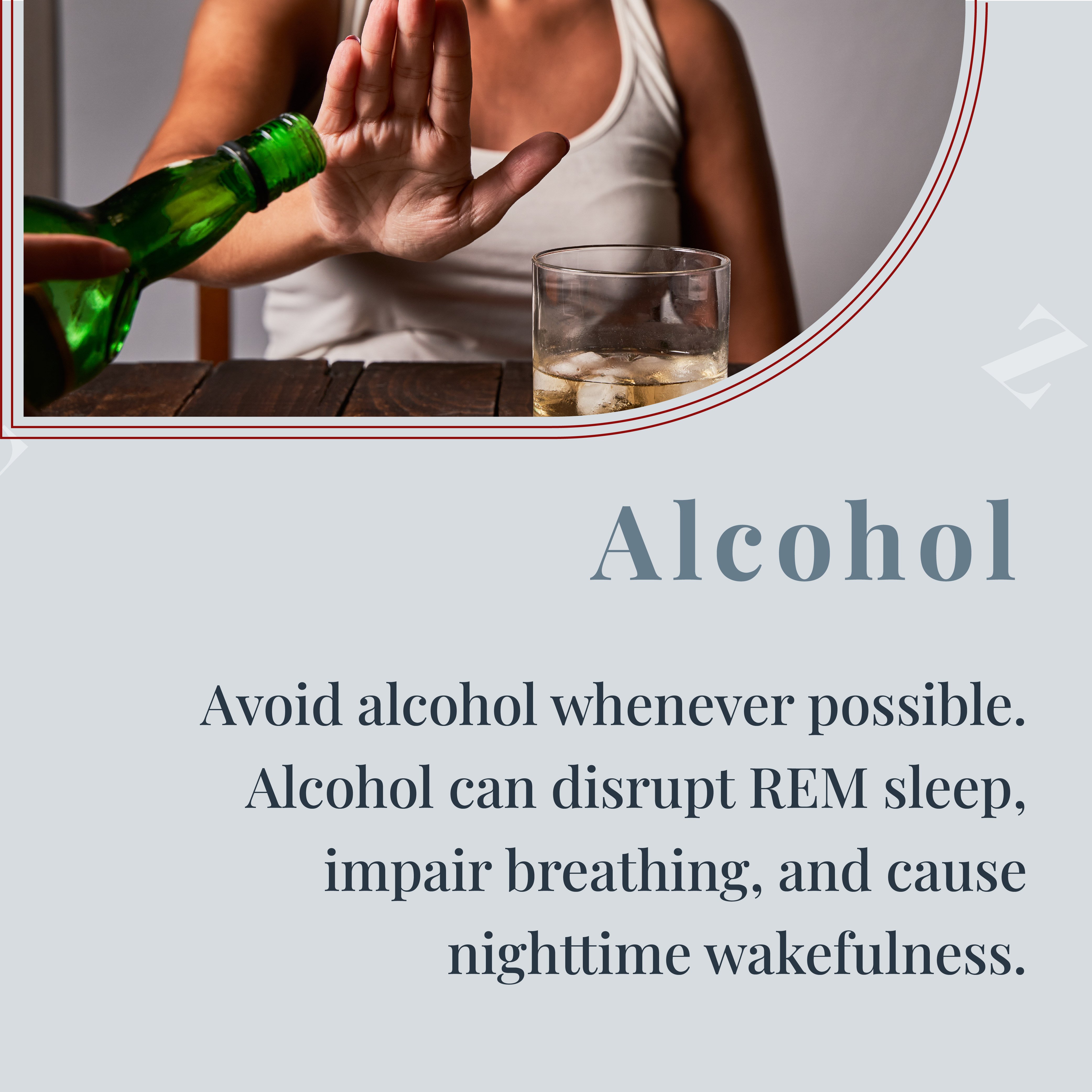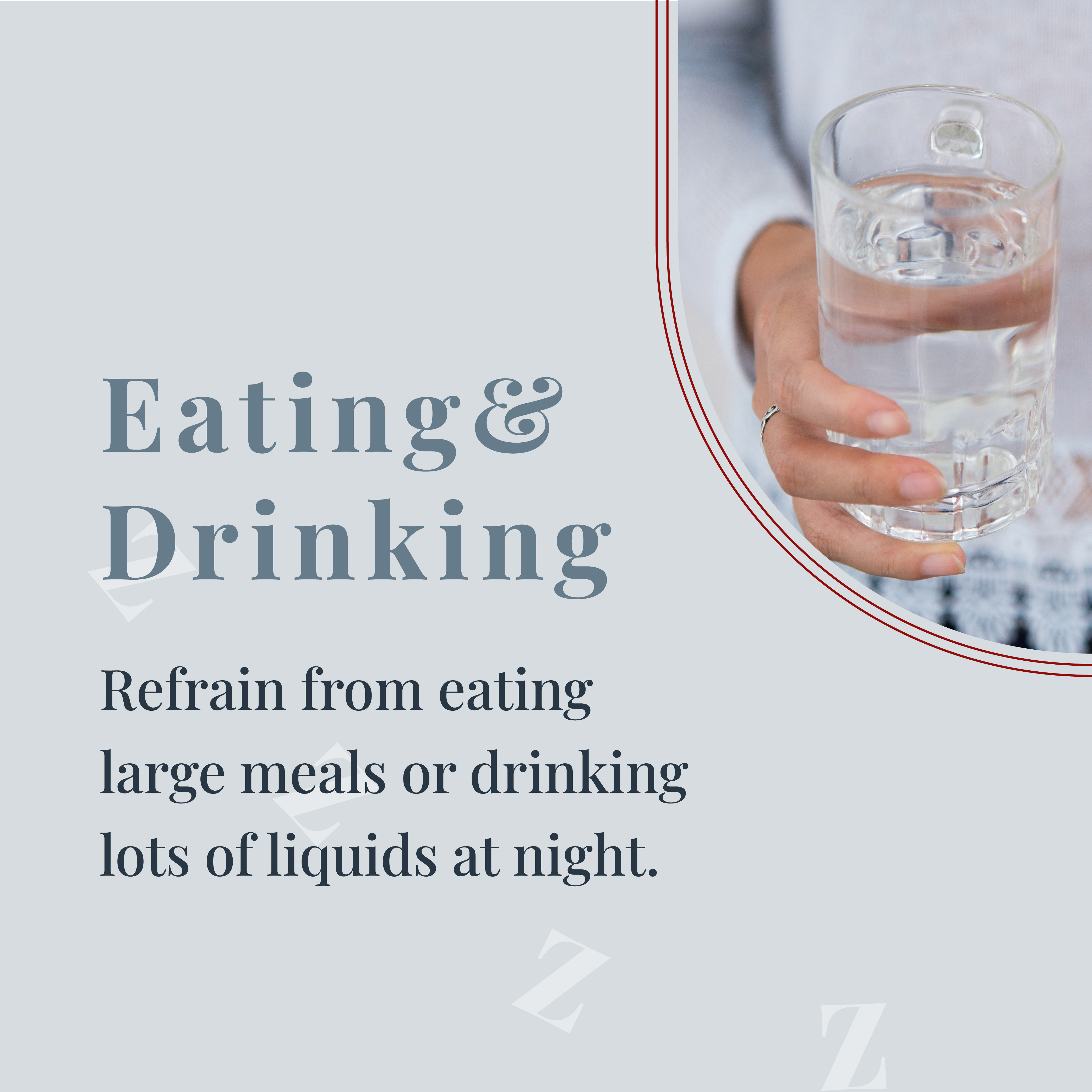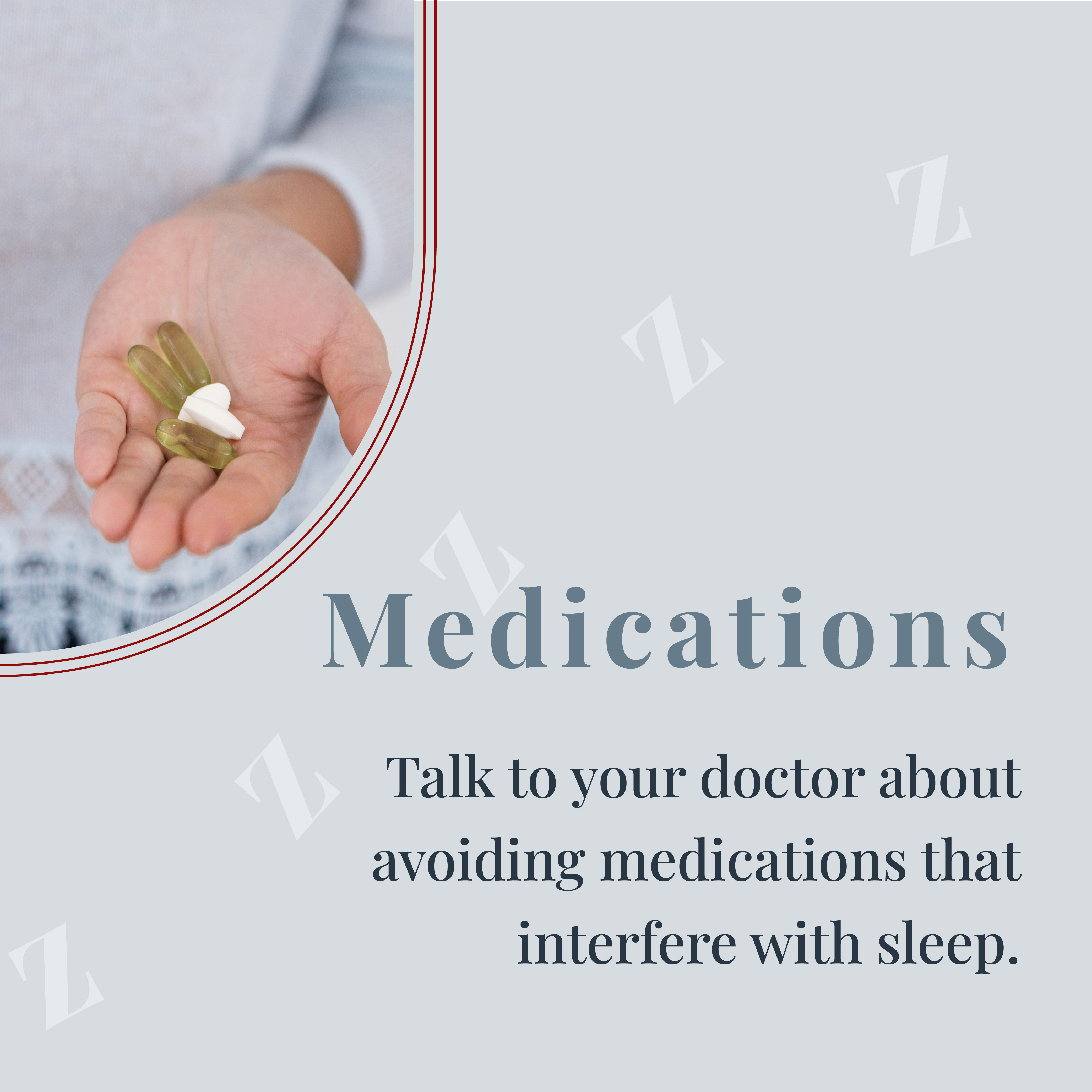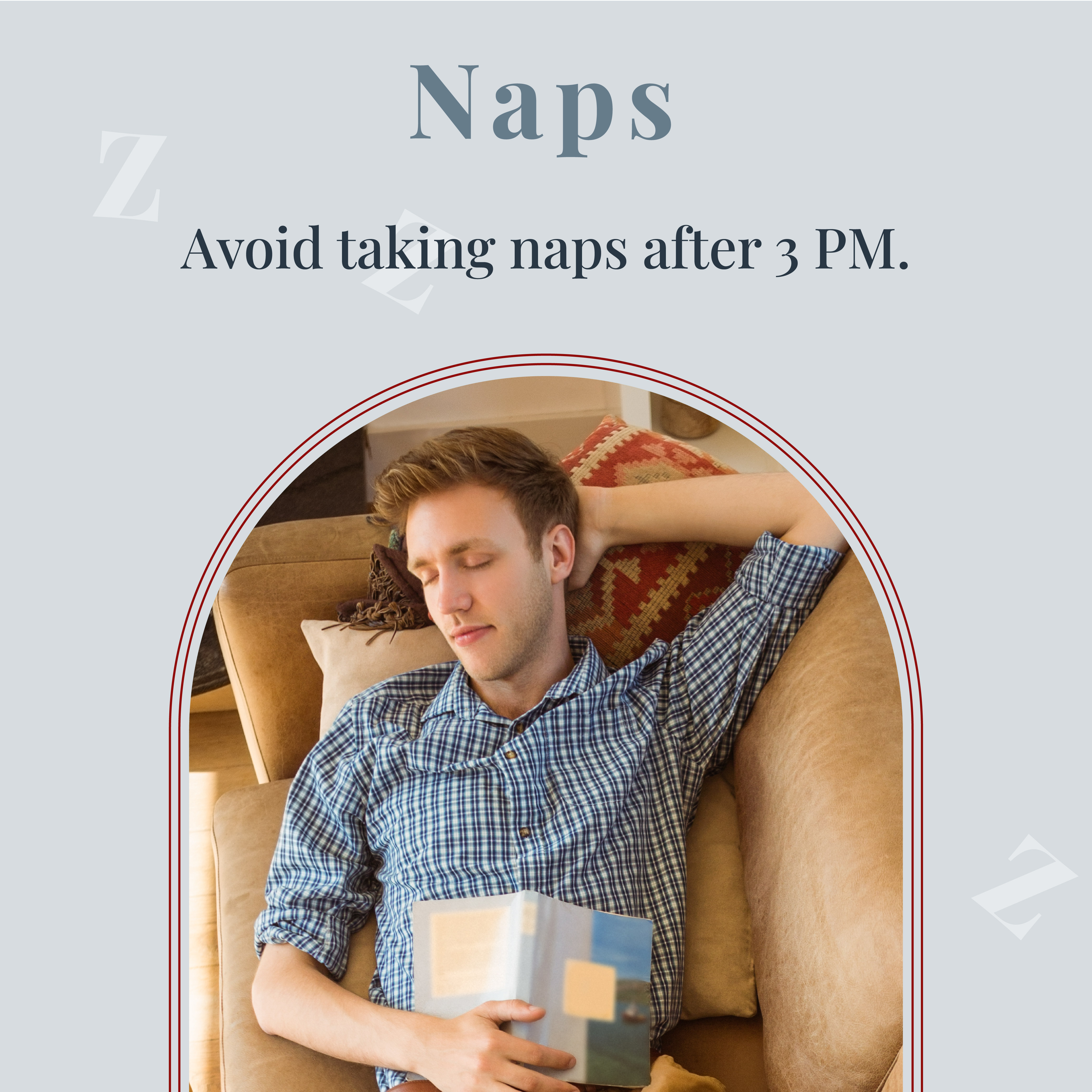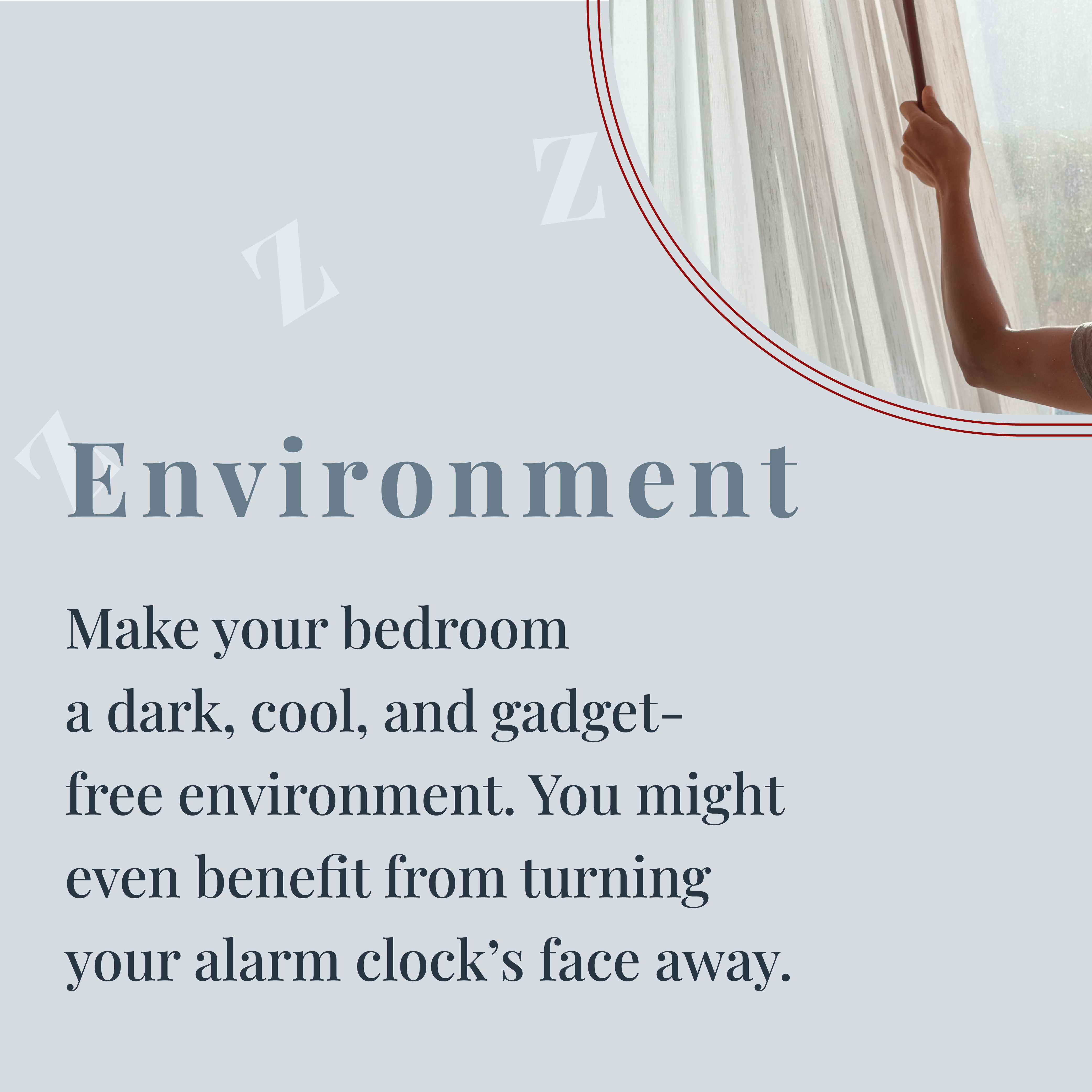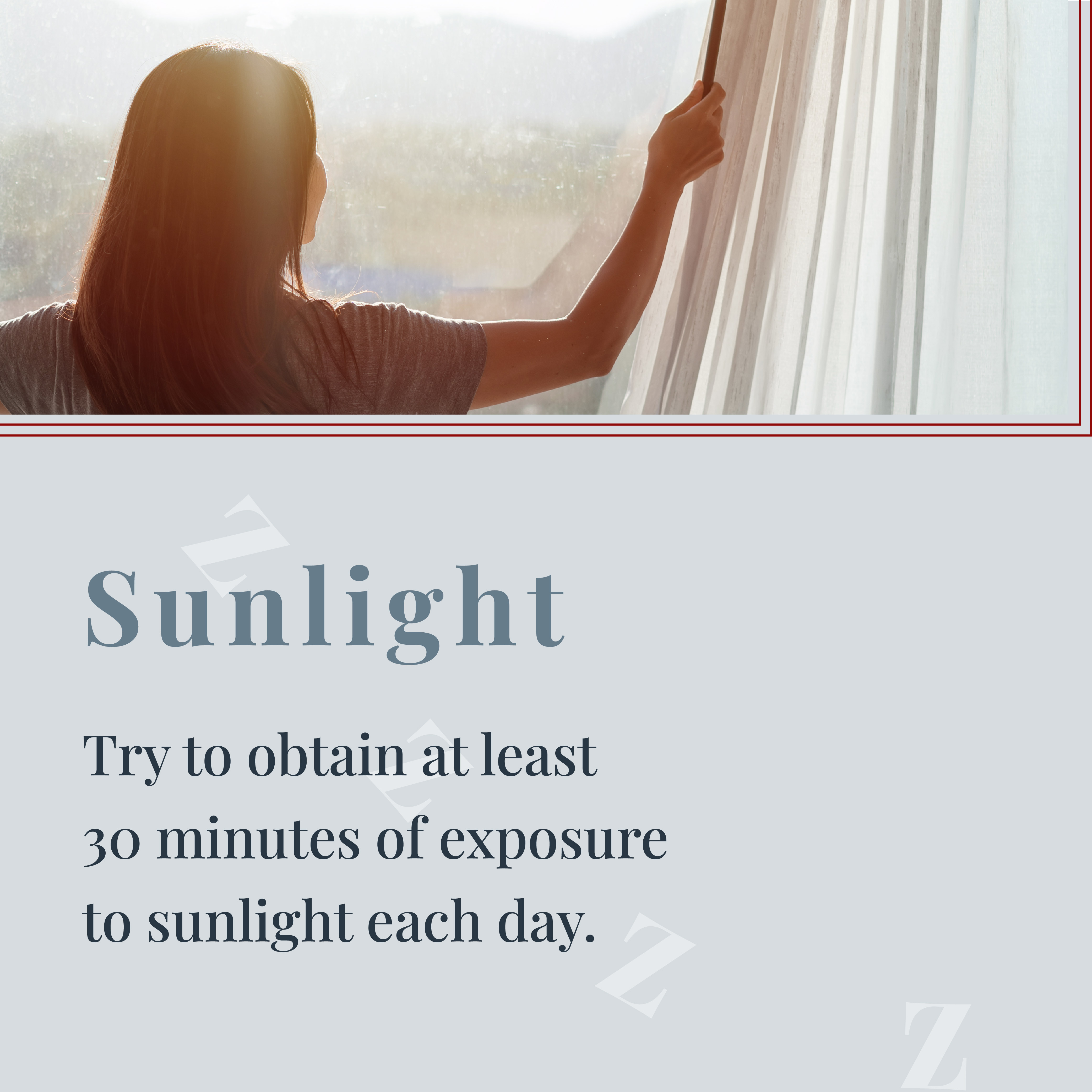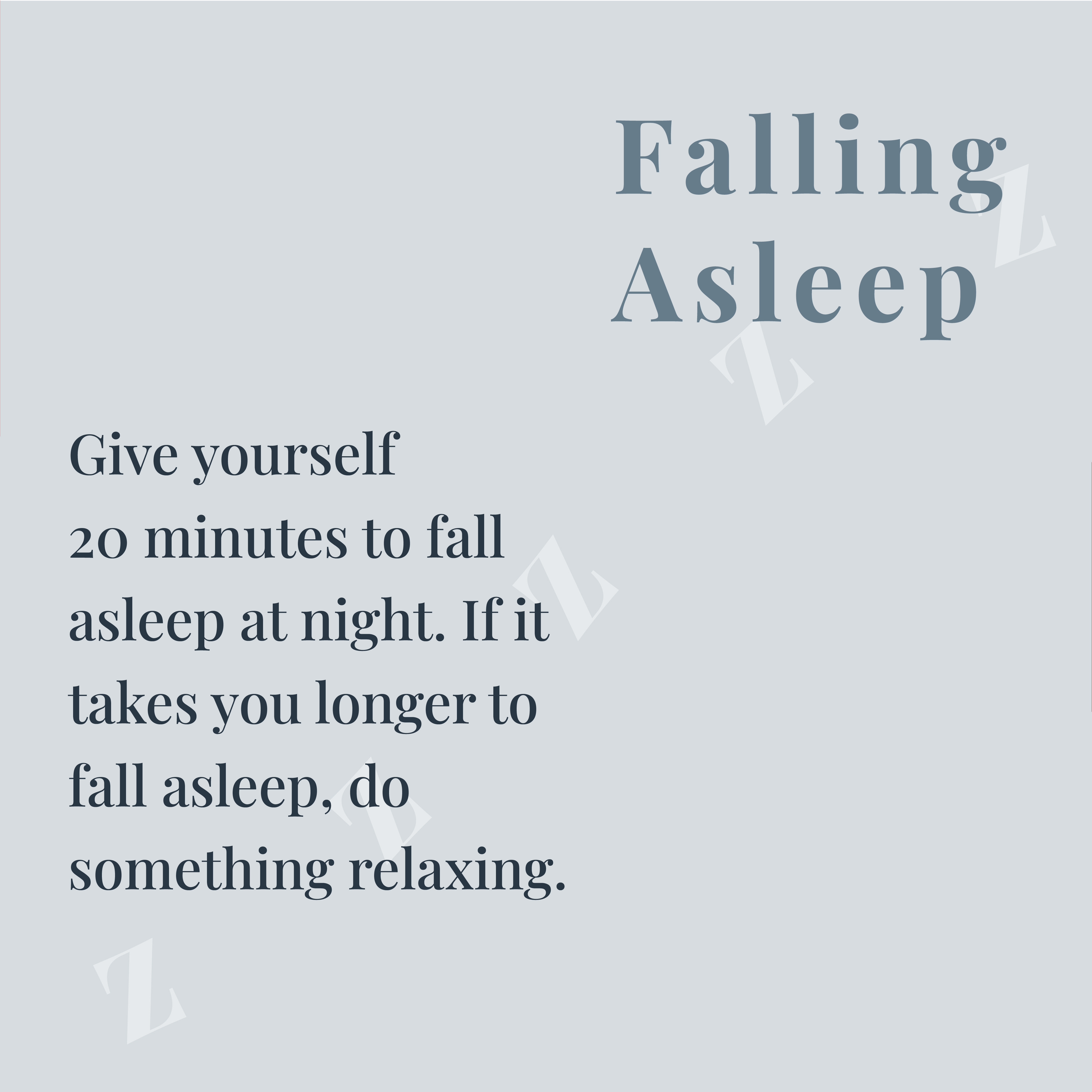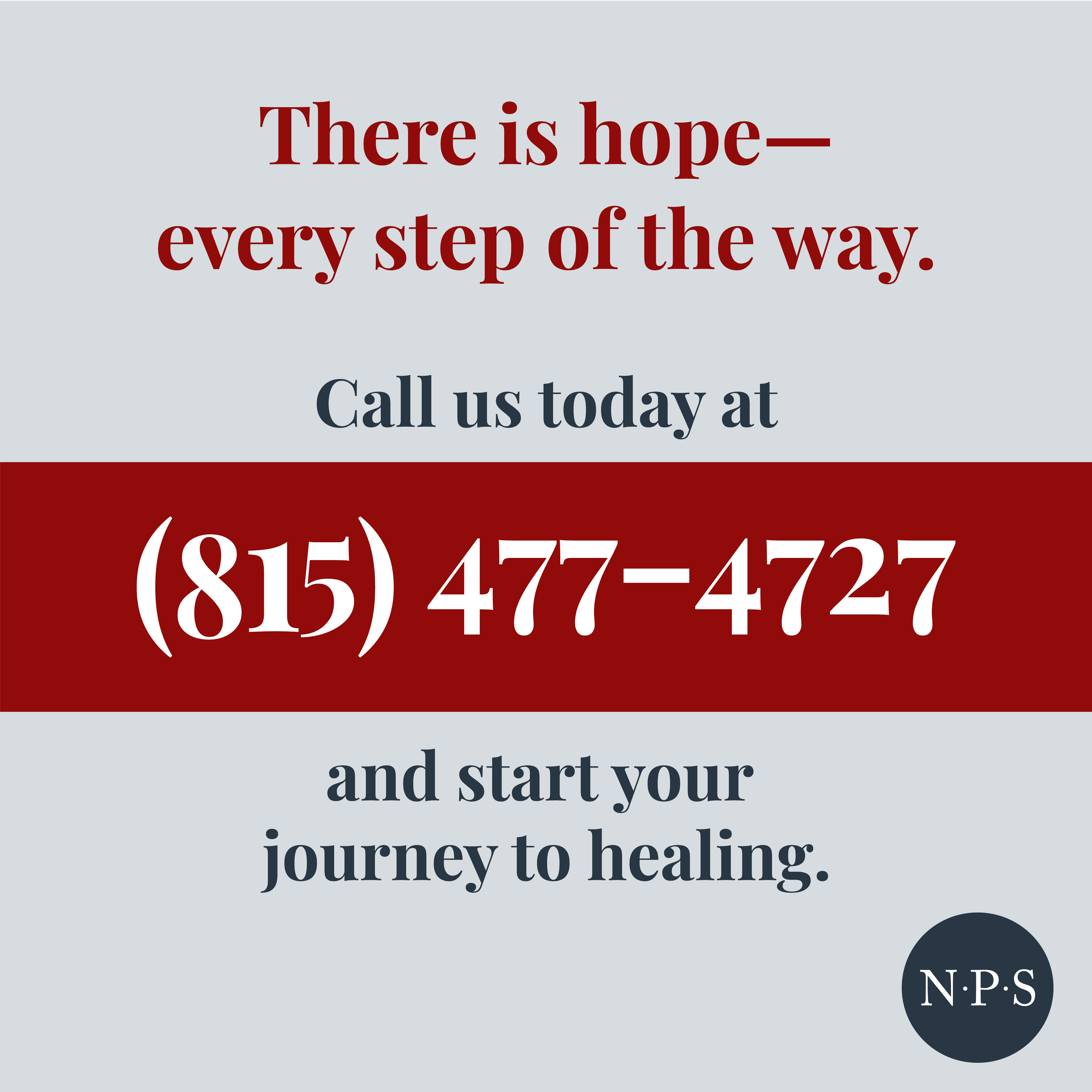6 Risk Factors for Developing a Sleep Disorder

Estimates are that anywhere between 30% and 50% of adults in the United States experience some degree of insomnia symptoms. So, if you feel like your quality of sleep is not regular or healthy, you’re not alone.
Because there are over 80 different recognized sleep conditions, the act of seeking an accurate diagnosis may feel daunting. At NPS, we believe information is the key to health and healing. With that in mind, we want to go over some key risk factors for developing a sleep disorder.
If you identify with one or more of these items or otherwise feel you may be experiencing a sleep disorder, please call. Therapy can help you address the underlying psychological factors that contribute to poor sleep health.
1. Age
There are a range of reasons why older adults have to work harder to get good sleep. Health concerns, certain medications, and disturbances to regular routines can all contribute to age-related sleep disorders. What’s more, older people spend less time in deep sleep. This means they are more likely to wake up in the night and find it harder to fall back asleep when they do.
That said, if you are an older adult experiencing disrupted sleep and feeling tired throughout the day, please know that is not a normal symptom of aging. Talk to your doctor or mental health professional about what’s going on. It may be time to determine whether a change of lifestyle or medication could improve your sleep.
2. Depression, Anxiety, and Other Mental Health Disorders
Sleep and mental health are inexorably linked, which means that poor sleep can cause poor mental health as well as the reverse. So, if the two conditions are creating a negative feedback loop in your life, you should know that it’s not likely to get better on its own.
Thankfully, certain therapies, like Cognitive Behavioral Therapy, are proven to improve both sleep disorders and certain mental health disorders. Whether you suffer from anxiety, depression, or PTSD, the counselors at NPS are here to help, and to help you improve your sleep health at the same time.
It’s important to understand that even minor sleep problems can have serious consequences for people with mental health disorders. Call our office today if you’re ready to start the path to health and healing.
3. Certain Medications
Some medications can cause increased heart rates and heart muscle contractions. Others cause headaches, excitability, night sweats, or shaking. And still others have symptoms like dry, persistent coughs that may keep you awake.
Whatever the case, if you believe your medication is causing disruption to your sleep cycles, it’s important to speak with your doctor. It may be possible to lower the dose or seek an alternative method of treatment. Do not stop taking your medication at the prescribed dosage until directed by your health care provider.
If changes to your medication are not possible, there may be lifestyle changes that can improve your quality of sleep. You may be surprised at the effect something as small as not having caffeine before bed can have on your ability to get a good night’s rest.
4. Irregular Schedules
Catching up on lost sleep is not as easy as it sounds. So, if you’re the kind of person who stays up late during the week in hopes of making up for it over the weekend, it may be time to rethink your strategy.
Some studies have shown that irregular sleep schedules increase your risk of depression, which we’ve already learned can result in a downward spiral. Other research indicates that irregular patterns of sleep can result in metabolic disorders. And still other studies point to a higher risk of developing a sleep disorder when you mess with your circadian rhythm by disturbing your body’s normal sleep-wake cycle.
In other words, sticking to your schedule as often as possible is the best way to avoid more serious problems. If you need help establishing a healthier routine, an NPS counselor can help.
5. Neurological Conditions
Our brains control when and how we sleep and wake. So, when neurological conditions affect a brain’s ability to function properly, it’s not uncommon for sleep to take a hit. There are many neurological conditions that are known to cause sleep disorders. These include:
- Alzheimer’s
- Parkinson’s Disease
- Epilepsy
- Certain Neuromuscular Disorders
- Stroke
Alternatively, having a sleep disorder can increase a person’s risk of developing some neurological conditions, like seizures and strokes. Fortunately, there are a number of treatments available for anyone co-experiencing a neurological condition and a sleep disorder. We recommend speaking with your health care provider to learn whether the use of medication, a CPAP machine, and/or Cognitive Behavioral Therapy is recommended in your case.
6. Chronic Pain
One of the most common risk factors for developing a sleep disorder is chronic pain. This makes sense, as discomfort can make it difficult to fall and stay asleep. That said, the relationship between pain and sleep is likely more interconnected than we know. For example, many people with chronic pain report feeling some alleviation after a good night of sleep.
Although there is more to learn about the bidirectional relationship between sleep and pain, one thing is clear: good sleep must be a priority on the path to recovery from chronic pain. Strategies like deep breathing, mindfulness, and guided meditation can help sufferers of chronic pain maintain a healthy relationship with sleep. Counseling and Cognitive Behavioral Therapy can also help you overcome any mental health hurdles that are further complicating your ability to get good sleep.
How a 15-Minute Meet & Greet Can Help
Making the jump to therapy can feel like a leap of faith. If you’re not sure whether counseling is truly right for you, NPS is here to make the decision a little easier. We offer free 15-minute meet-and-greets for all new clients. At these sessions, you’ll have the opportunity to get to know a member of our team and tell us about yourself. From there, we can help you decide whether counseling via NPS is the right fit.
We believe that anyone suffering from a sleep disorder can find hope and wholeness. Give us a call at (815) 477-4727 to take the first step.
Are you ready to take the next step?
CONTACT US AND SCHEDULE YOUR FIRST APPOINTMENT TODAY.


